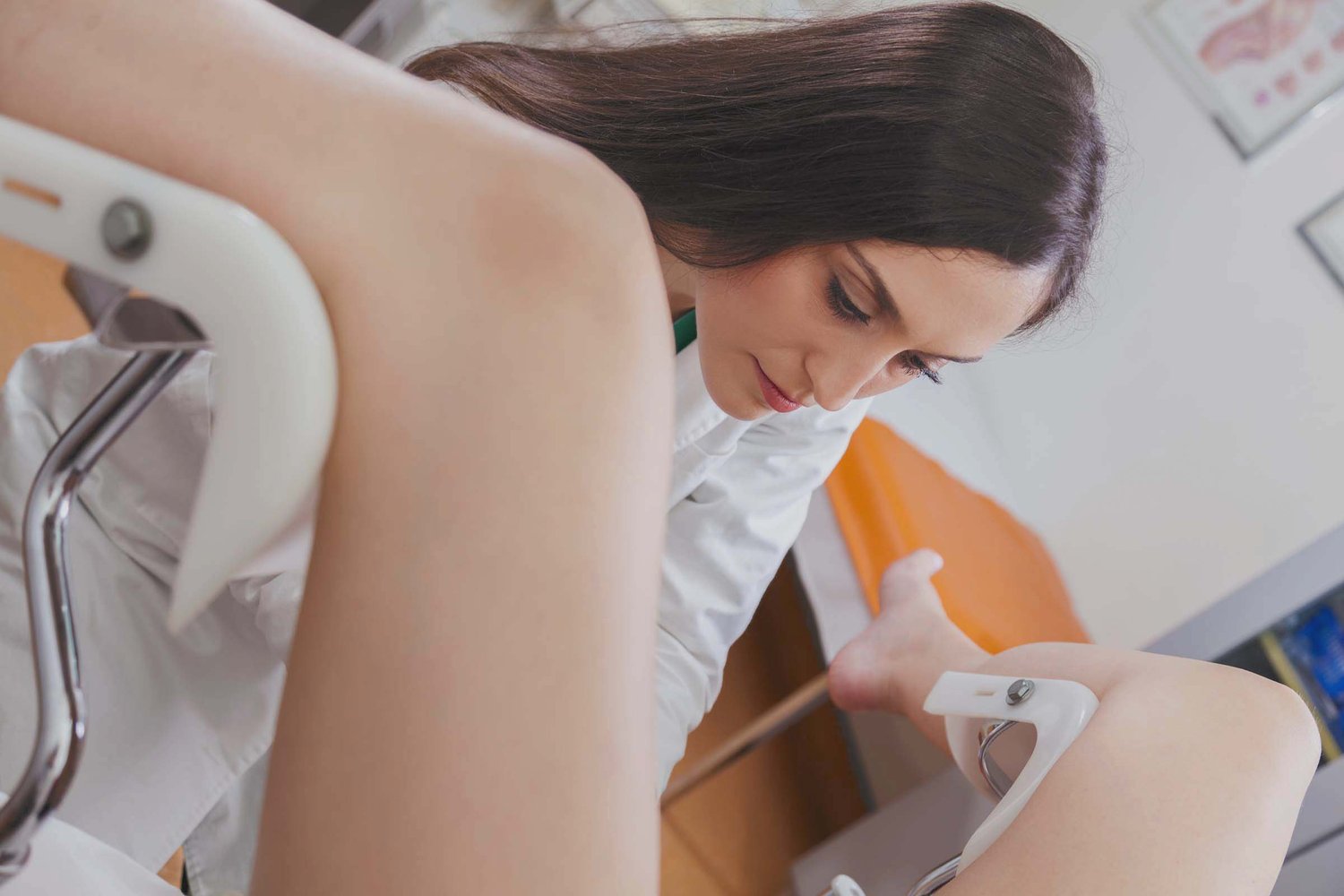[ad_1]
Does ED go away if you quit drinking? Discover when erections return after you stop consuming alcohol. Learn when testosterone increases too.

If I stop drinking, will my ED go away? This is a common question that many men ask, especially as the relationship between alcohol and ED becomes clearer.
Phrases like “whiskey dick” have often been jokingly used to describe impotence after heavy drinking. But there are several studies available confirming that alcohol can cause either temporary or chronic erectile dysfunction in men of all ages.
Quick FAQs
Excessive alcohol drinking can lead to vascular damage, which causes less blood to go to the penis, potentially causing erectile dysfunction.
One study found that ED was successfully treated after three months of abstaining from alcohol.
Yes, some symptoms of alcohol withdrawal, such as elevated blood pressure and dehydration, can possibly cause erectile dysfunction.
This guide will help you understand the relationship between alcohol and ED, along with all of its other negative effects such as low testosterone.
We’ll also dive into how you can safely quit alcohol along with tips on how to cure your ED today.
Does Alcohol Cause Erectile Dysfunction?
Alcohol and erectile dysfunction (ED) have an unfortunately close relationship. Despite the commonly assumed benefits between alcohol and sex drive, research has shown otherwise.
In a meta-analysis of 46 studies, with over 216,000 men in total, it was found that there is a drastic increase in ED when a man frequently or heavily drinks alcohol.
One main reason cited was that chronic alcohol consumption can lead to vascular damage. An erection requires healthy blood vessel walls in order to maintain its strength.
Over time, accumulated damage from alcohol could make erections drastically weaker or even impossible. However, this same study also found increased rates of ED in men who drank less frequently than others in the group.
This means that beyond accumulated circulatory damage, there are also other factors at play that make alcohol a risk for ED. Let’s dive deeper into how alcohol can impair erections in the short and long-term.
Alcohol Acts as a Depressant
Alcohol acts as a depressant on the central nervous system, and its negative effects increase after repeated consumption.
So how much alcohol does it take to cause ED? While there’s no concrete answer, alcoholism and ED are often inseparable for some heavy drinkers.
With a few drinks, people may experience generally sought-after effects such as:
- Mild impairment
- Slight euphoria, or a “buzz”
- Altered thinking
However, larger quantities of alcohol can suppress the central nervous system further, leading to:
- Slurred speech
- Physical and mental impairment
- Risky behaviors
- Psychomotor depression
By depressing the central nervous system, the body may not function at optimal levels, making an erection harder to obtain and maintain.
This is often why people ask, “why can’t guys get hard when they are drunk?” After a night of heavy drinking, a man may be unable to achieve an erection even if they’re sufficiently aroused.
Furthermore, depressing the central nervous system can also lead to impaired thinking, which may make it more difficult to become aroused in the first place.
Alcohol Acts as a Diuretic
Alcohol is a diuretic, which means that it increases the rate of urination while it’s in your system.
Throughout the night, this can lead to dehydration, especially if you do not consume an extra amount of water. Unfortunately, dehydration is also a common factor in erectile dysfunction.
The reason is because it causes the body to have a low volume of red blood cells and plasma. As a result, the chambers of the penis don’t get enough oxygen and blood needed for an erection.
Angiotensin
Alcohol can increase the production of angiotensin, which is a hormone that helps to constrict blood vessels to aid in regulating blood pressure. This hormone also encourages sodium retention throughout the body.
While this hormone is necessary at lower levels, alcohol can raise it significantly. What this means is that, over time, an increase in angiotensin levels could lead to:
- High blood pressure
- Excessive water retention
- An increased risk for cardiovascular events, such as heart attack or stroke
Since heightened angiotensin levels narrow the blood vessels, it can also lead to erectile dysfunction.
Cutting back or quitting alcohol can help to reduce this hormone so that it gets back to its optimal, lower levels.
Health Conditions Caused by Alcoholism
Alcoholism is a very serious and progressive disease, which means that it often gets worse the longer one has it.
The side effects of alcoholism can be very harmful and potentially fatal. Some common alcoholism side effects include:
- High blood pressure
- Liver disease (cirrhosis)
- Erectile dysfunction
- Increased risk for heart attack and stroke
- Diabetes
- Obesity
Along with these physical effects, the psychological effects of alcoholism include:
- Anxiety
- Depression
- Insomnia
- Anhedonia (the loss of pleasure)
Nearly all of these potential physical and mental side effects can lead to erectile dysfunction.
How Long After Quitting Drinking Does ED Go Away?
Can ED caused by alcohol be reversed? While alcohol abuse can lead to erectile dysfunction, quitting alcohol may help to cure ED for a number of men.
A study of 104 men found that it only took three months of abstaining from alcohol to fix ED.
88.5% of men found that their ED significantly improved after they quit drinking, and results continued to improve the longer they abstained.
So despite the harm that alcohol does to erectile functioning, it can be reversed if stopped and treated.
However, always consult with a professional when quitting alcohol, as the withdrawal can be serious in some situations.
The detox itself may only take a week, but it’s important to address the psychological aspects of addiction beyond that timeframe to help prevent relapses.
ED After Quitting Alcohol
Quitting alcohol can be highly beneficial for improving ED and your overall health, but sometimes, there may be other causes of ED that still need to be addressed.
If you’re experiencing erectile dysfunction after quitting alcohol, there are some other reasons for ED that you should consider.
Some physical conditions that cause ED include:
- Obesity
- High blood pressure
- Diabetes
- Heart disease
- A tight pelvic floor
Erectile dysfunction can also stem from psychological issues, such as:
- Anxiety
- Stress
- Depression
- Anger
- Insomnia
- Relationship problems
- Trauma
Another possibility to consider is the medications you’re taking. It’s important to always work with a doctor before stopping or starting any new medication. The following medications may potentially cause ED:
- Antidepressants (SSRI’s)
- Certain anti-histamines (such as Benadryl)
- Hormonal medications
- Prostate cancer medications
A doctor may prescribe a lower dosage or an alternative medication if they suspect this is the cause of your ED.
Does Alcohol Withdrawal Cause ED?
It’s possible to experience ED during alcohol withdrawal as your body detoxes and reverts back to optimal health.
Heavy or long-term drinkers should always consult with a professional before quitting alcohol. Even though it only takes about a week to detox from alcohol, withdrawals can start just hours after the last drink for some individuals.
Alcohol withdrawal can be fatal in certain cases, and it’s important to ensure you have medical guidance to prevent any serious complications.
Some potential alcohol withdrawal symptoms include:
- Dehydration
- Insomnia
- Irritability
- Tremors
- Elevated blood pressure
- Headache
- Palpitations
More serious alcohol withdrawal symptoms include:
Always consult with a doctor, or check into a rehab facility, so you can be professionally monitored to safely detox from alcohol. Most of the severe withdrawal symptoms can be prevented or minimized with the help of intravenous fluids and medications.
Red Wine and Erectile Dysfunction
While alcohol and impotence are often connected, that’s not always the case. There are components in red wine called flavonoids that can reduce inflammation, promote healthy circulation, and potentially prevent ED.
In a Harvard study that lasted for over 40 years, they followed roughly 50,000 men and monitored their health over the years.
What they found was that those who drank a glass of red wine occasionally had dramatically reduced rates of ED. In some cases, men who drank red wine were up to 11% less likely to experience erectile dysfunction.
Will Quitting Alcohol Increase Testosterone?
Alcohol can drastically alter a male’s hormonal functioning resulting in low testosterone. Some of the side effects of Low T include:
- ED
- Low libido
- Lethargy
- Depression
- Weakness
However, quitting alcohol can help to potentially increase testosterone and regulate hormones. This may also help to increase erectile functioning as well once a man’s testosterone returns to normal levels.
Takeaways
From erectile dysfunction to potentially low testosterone, alcoholism can cause a variety of issues for men.
However, quitting alcohol has been shown to dramatically reduce rates of ED, and the benefits can appear rather quickly.
If your erectile dysfunction continues after stopping alcohol, then it’s important to work with a doctor to find the root cause.
From quitting alcohol to trying supplements like VitaFLUX, you can overcome ED and enjoy sex to the fullest at any age. Be sure to speak with your doctor to come up with the best treatment plan for ED.
Related Articles
[ad_2]
Source link





